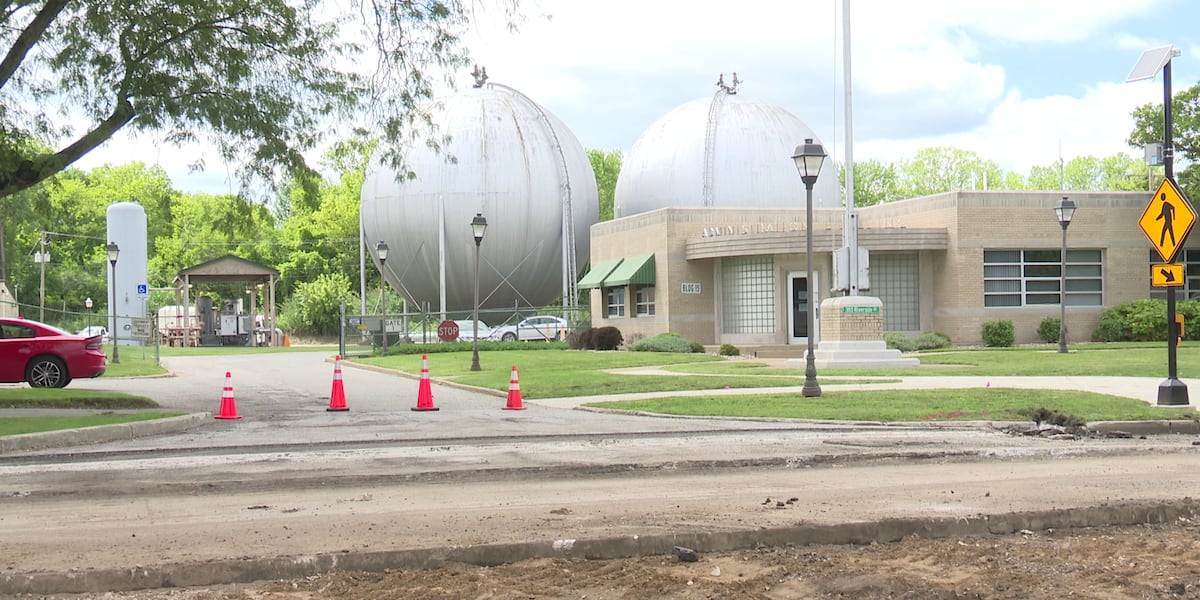AI Health Boom: Is India Ready for the Investment Reckoning?

The global healthcare landscape is undergoing a seismic shift, fueled by a surge in Artificial Intelligence (AI) investments. While many in the US worry about an 'AI bubble' potentially bursting, India presents a unique and complex picture. Can our nation leverage this wave of AI innovation to revolutionize healthcare access and outcomes, or are we poised for a reckoning if the hype doesn't meet reality?
The Global AI Health Investment Surge
Across the globe, AI is being hailed as the key to unlocking unprecedented advancements in healthcare. From diagnostics and drug discovery to personalized medicine and robotic surgery, the potential applications are vast and transformative. This has sparked a massive influx of investment, with billions pouring into AI-powered healthcare startups and established players alike. However, the rapid growth has also raised concerns. OpenAI CEO Sam Altman's recent comments about a potential 'AI bubble' highlight the anxieties surrounding inflated valuations and unsustainable growth models, particularly within the US market.
India's Unique Opportunity and Challenges
India's healthcare system faces a multitude of challenges: limited access, a shortage of qualified professionals, rising costs, and a heavy reliance on traditional methods. AI offers a compelling solution to address these issues, promising to improve efficiency, accuracy, and affordability. Imagine AI-powered diagnostic tools reaching remote villages, personalized treatment plans tailored to individual genetic profiles, and virtual assistants providing 24/7 medical support.
However, realizing this potential requires careful navigation of several hurdles:
- Data Availability and Quality: AI algorithms thrive on data, but India's healthcare data is often fragmented, inconsistent, and lacks standardization. Building robust and reliable AI models demands significant investment in data infrastructure and governance.
- Infrastructure Limitations: While smartphone penetration is high, reliable internet connectivity and access to computing power remain challenges, especially in rural areas.
- Regulatory Landscape: Clear and comprehensive regulations are needed to ensure the ethical and responsible use of AI in healthcare, addressing issues like data privacy, algorithmic bias, and liability.
- Skill Gap: A shortage of skilled AI professionals with healthcare expertise is hindering the development and deployment of AI solutions. Investing in training and education is crucial.
- Affordability and Accessibility: AI solutions must be affordable and accessible to all segments of the population, not just the wealthy.
Traits of Success in the Indian AI Health Landscape
Despite the challenges, opportunities abound for those who can navigate the Indian AI health landscape successfully. Here are some key traits:
- Focus on Solving Real-World Problems: Prioritize solutions that address the most pressing healthcare needs in India, such as disease detection, maternal health, and access to essential medicines.
- Data-Centric Approach: Invest in building high-quality datasets and robust data governance frameworks.
- Collaboration and Partnerships: Forge partnerships with hospitals, clinics, research institutions, and government agencies to accelerate innovation and adoption.
- Localization and Customization: Adapt AI solutions to the specific cultural, linguistic, and socioeconomic context of India.
- Ethical and Responsible AI: Prioritize fairness, transparency, and accountability in AI development and deployment.
The Reckoning: Avoiding the Bubble
The potential for an 'AI bubble' is real, and India must be prepared for a reckoning if expectations are not met. Avoiding this requires a pragmatic approach, grounded in data, focused on solving real-world problems, and committed to ethical and responsible AI practices. By focusing on sustainable growth and delivering tangible value, India can harness the transformative power of AI to build a healthier and more equitable future for all.






